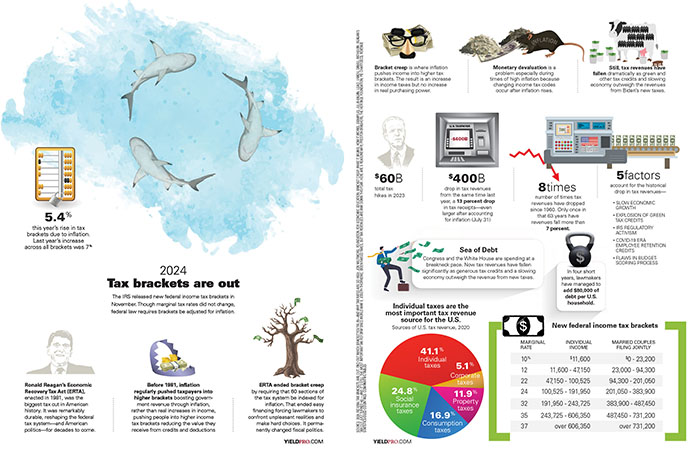See Multihousing Professional’s July 2006 cover story, “Vision meets reality.”
A year later eBay bought Skype for $2.6 billion. At the time, Skype had over 100 million online users and quite an unsavory history with regard to hijacking its users’ bandwidth, and there was that prickly tax evasion issue that sent its founder and CEO scrambling to relocate outside the U.S. to avoid criminal charges.
It took time, but the Skype potion of the story has come full circle and, perhaps, there was no more to it than the San Jose, Calif., company simpy having money to burn. In the last weeks, eBay has taken an impairment charge on the once-darling Skype, knocking $1.43 billion off its value. The accounting move was long anticipated.
“We are glad to see eBay admit that it overpaid for Skype and that much-hyped synergies have not yet materialized to any large extent,” said global financial services firm Cantor Fitzgerald.
“We have struggled with the economics of the Skype transaction relative to the financial expectations for the business.”
Analysts wondered how Skype could convert its extraordinary global popularity into hard cash and corporate revenue. While the number of Skype subscribers has grown over the last two years, their revenue per subscriber has fallen. The August global wide service outage and slow response haven’t helped the situation either.
Skype fans as far away as China download software that enables them to make telephone calls from one computer to another anywhere in the world for free.
A problem for the company has been that few of those fans use additional for-fee services such as SkypeOut, which lets people call from computers to traditional telephones for per-minute rates.
People also prefer combination telephone, Internet, cable television deals offered by major telecommunications companies to relying on Skype or Vonage for long-distance calling, according to iSuppli analyst Steve Rego.
“Vonage has around 2.8 million paying customers and Skype 2.4 million,” Rego said.
“Customers preferred bundled services with television, telephone and Internet, I really don’t know if pure specialty companies such as Skype can draw them in.”
Often bundled service packages channel telephone calls using VoIP, voice over Internet protocol, without customers realizing it, meaning multi-service providers are cashing in on the technology, Rego said.
“I don’t think pure players like Skype will make a big dent in the market,” said Forrester analyst Sally Cohen.
“They can still make money. Skype needs to think how they can monetize the base of users. The first thing that comes to mind is advertising, for example click-on ads.”
EBay’s original plan was to integrate Skype into its online auctions so, for example, sellers and buyers could call each other instantly using their computers.
This course seems to have been abandoned by eBay.
“We feel like we can do a lot more with Skype as a stand-alone VoIP provider,” said eBay spokesman Hani Durzy.
But Skype has heavyweight competition in the online telephony arena. Google, Microsoft, and Yahoo have woven VoIP calling into their online messaging services.
Vonage, a major Skype competitor in the United States, spent a fortune promoting its cheap Internet-based telephone service only to find itself in hellish straits of late.
Vonage showed a loss of $338 million in 2006 and is defending itself against accusations it violated patents owned by telecom industry giants.
Vonage stock that debuted at 17 dollars on the Stock Exchange in May 2006 was valued less than a dollar a share in the last weeks.
Large companies are converting en masse to VoIP telephone service, but are relying on network specialists such as Cisco, Alcatel, or Nortel which guarantee reliability and quality.















